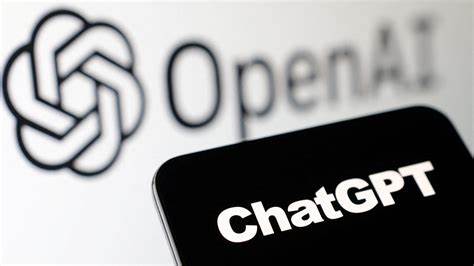John Schulman, one of the co-founders of OpenAI and a pivotal figure in the development of ChatGPT, recently provided insights into the performance and potential challenges facing GPT-4, the latest AI model from OpenAI. Speaking on a podcast hosted by Dwarkesh Patel, Schulman delved into the implications of what he referred to as the “data wall” and discussed the evolving landscape of AI models.
Schulman acknowledged the significant challenges posed by the limited availability of training data. However, he expressed confidence that companies like OpenAI would adapt their training methodologies to surmount these obstacles effectively. He indicated that while challenges exist, advancements in AI technology would likely lead to changes in the nature of pre-training approaches as the field approaches the data wall—a point where the benefits of memorizing vast amounts of pre-training data may plateau.
In addition to discussing the challenges associated with generalization across different types of pre-training data, such as code and language reasoning, Schulman emphasized the efficiency gains seen in larger models like GPT-4. He explained that these models are more “sample efficient,” meaning they can achieve comparable levels of intelligence using less data compared to their predecessors, such as GPT-2. Schulman attributed this enhanced efficiency to advancements in processing capacity, highlighting the critical role of computational power in driving AI progress.
Schulman’s insights are particularly pertinent in light of recent statements made by OpenAI CEO Sam Altman regarding the future trajectory of the company’s AI models. Altman has hinted at significant advancements accompanying each new model release, positioning GPT-4 as a notable milestone despite dubbing it the “dumbest model” from OpenAI that users will need to contend with. Altman’s vision for AI-powered devices, such as an iPhone, aligns with OpenAI’s broader ambitions for AI development, including the pursuit of artificial general intelligence (AGI) irrespective of the associated financial costs.
Overall, Schulman’s remarks shed light on the dynamic landscape of AI development and the complex challenges and opportunities it presents. As companies like OpenAI continue to push the boundaries of AI capabilities, ongoing discussions surrounding data availability, model efficiency, and the path to AGI will remain central to the discourse on AI advancement and its implications for society.
